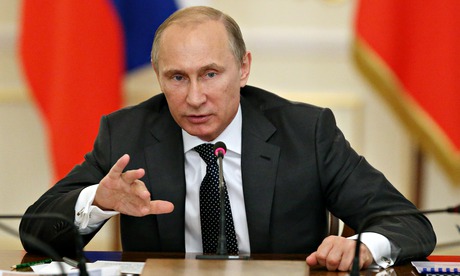Elizabeth Warren Quietly
Racked Up A Nice Win
Written by Linette Lopez | Business Insider
Senator Elizabeth Warren (D-Mass.) Won Tuesday.
Federal Reserve rejects the living will plans for 'too big to jail' Wall Street banks.
Barclays, Citigroup, Goldman Sachs, and JPMorgan Chase all had their plans rejected.*
The concept of living wills was born of the financial crisis, when regulators and politicians realized that they had no orderly way of unwinding systemically important banks that had failed. They didn't want to see another Lehman bankruptcy that would take three years to resolve.
The wills then became a part of Dodd-Frank, so banks were legally required to write their own strategies for the "rapid and orderly resolution in the event of material financial distress or failure of the company."
The Fed on Tuesday made it clear that it did not feel the wills that banks submitted last month (now in their second iteration) were capable of doing that — something Warren had been shouting about.
When Federal Reserve Chair Janet Yellen testified before the Senate last month, Warren completely grilled her on JP Morgan's living will, which she said was not enough to cover the bank's $2.5 trillion in assets.
"I almost couldn't believe this when I read it," Warren told Yellen.
Yellen said the Fed was continuing to review the wills and that it was a complicated process.
Warren wasn't satisfied:
I think the language in the [Dodd-Frank] statute is pretty clear. That you are required, that the Fed is required to call it every year on whether these institutions have a credible plan. And I remind you, there are very effective tools that you can use if those plans are not credible. Including, forcing these financial institutions to simplify their structure, or forcing them to liquidate some of their assets. In other words, break them up.
The Fed said the wills the banks presented were "unrealistic" and that firms lacked significant structural changes necessary to carry them out.
From the Fed's release:
The agencies will require that the annual plans submitted by the first-wave filers on or before July 1, 2015, demonstrate that the firms are making significant progress to address all the shortcomings identified in the letters, and are taking actions to improve their resolvability under the U.S. Bankruptcy Code. These actions include:
-establishing a rational and less complex legal structure that would take into account the best alignment of legal entities and business lines to improve the firm's resolvability;
-developing a holding company structure that supports resolvability; amending, on an industry-wide and firm-specific basis, financial contracts to provide for a stay of certain early termination rights of external counterparties triggered by insolvency proceedings;
-ensuring the continuity of shared services that support critical operations and core business lines throughout the resolution process; and -demonstrating operational capabilities for resolution preparedness, such as the ability to produce reliable information in a timely manner.
The next wills come out in July 2015. Let's see if those satisfy Warren and the Fed.
*An earlier version of this story reported that Bank of America's plan had been accepted. It had not. The bank's capital plan, revised from April, has been accepted.
Link to the original article from Business Insider.


